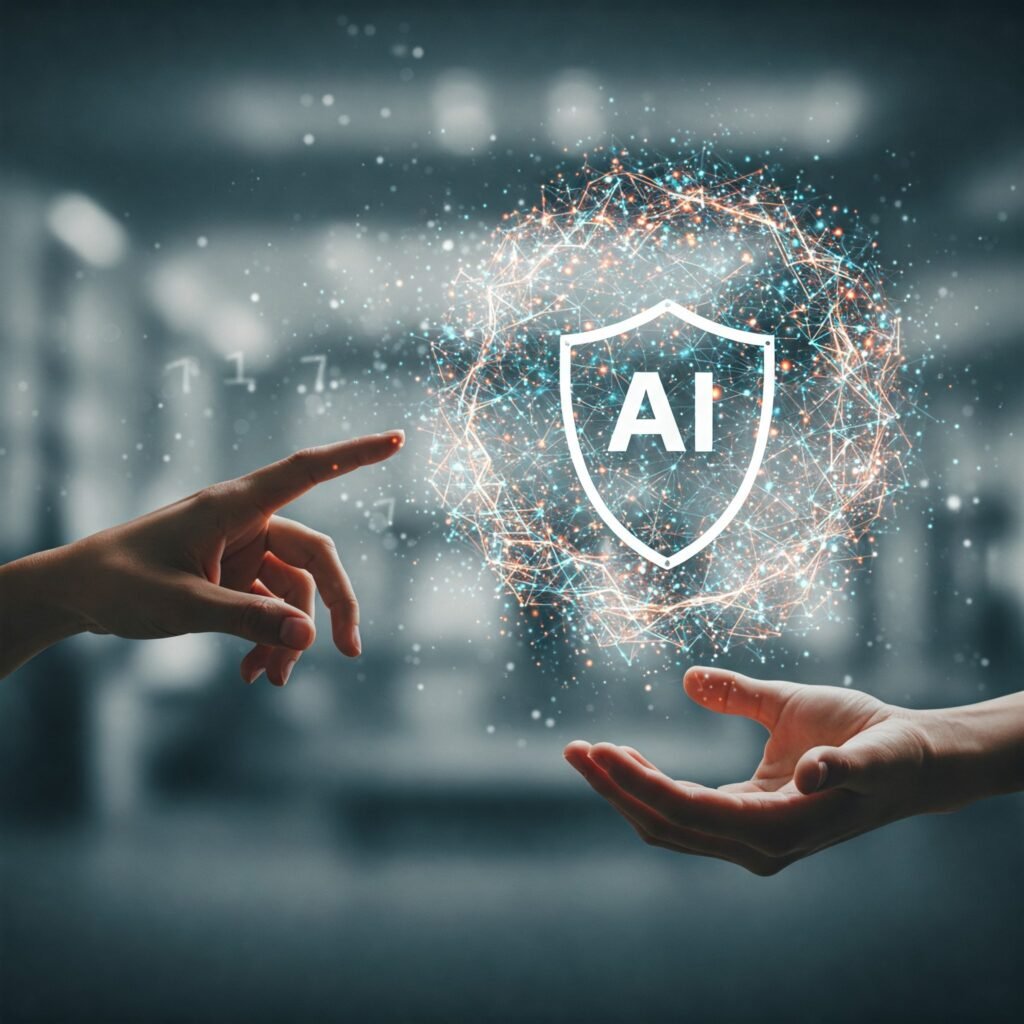The rapid advancement of artificial intelligence (AI) has been nothing short of revolutionary, with new breakthroughs and applications emerging at an astonishing pace. However, this progress has also brought to the forefront critical issues concerning intellectual property (IP) protection in the realm of AI.

One of the central challenges lies in determining IP ownership when AI systems generate creative works. Unlike traditional human creations, where the creator is clearly identifiable, AI-generated content often involves complex interactions between algorithms, data sets, and human input, making it difficult to pinpoint the rightful owner. This ambiguity can lead to legal disputes, stifle innovation, and discourage investment in AI research and development.
Another concern is the potential misuse of AI to infringe on existing IP rights. AI systems can be trained on massive amounts of copyrighted material, including text, images, music, and code, without proper authorization. This raises questions about fair use, copyright infringement, and the potential for AI-generated content to displace original human creations.
To address these challenges, a multi-pronged approach is necessary, involving both legal and technical solutions. Here are some key proposals:
- Clarify IP Ownership: Legal frameworks should be updated to explicitly address AI-generated content. One approach is to grant ownership to the AI system’s developer, while another is to create a sui generis form of IP protection specifically for AI-generated works. This would provide legal certainty and incentivize innovation in the AI space.
- Develop AI-Specific IP Licensing Models: Licensing agreements should be tailored to the unique characteristics of AI technology. These agreements should address issues such as data usage rights, ownership of AI-generated content, and liability for potential IP infringement.
- Promote Transparency and Explainability: AI systems should be designed in a way that allows for transparency and explainability in their creative processes. This would help to identify the sources of inspiration and determine IP ownership more easily.
- Enhance Ethical Guidelines: Ethical guidelines should be established for the development and use of AI systems to prevent IP infringement and ensure responsible innovation. These guidelines should address issues such as data privacy, bias in AI algorithms, and the potential for AI to displace human jobs.
- Foster Collaboration: Collaboration between stakeholders, including policymakers, researchers, developers, and IP experts, is essential to develop effective solutions. This collaboration should focus on sharing best practices, identifying potential risks, and promoting responsible AI development.
The need to protect IP in AI is not just a legal imperative, but also an ethical one. Ensuring that AI technologies are developed and used responsibly is crucial for fostering innovation, promoting economic growth, and safeguarding the rights of creators. By implementing these solutions, we can create a more robust and equitable IP framework for the age of AI, where innovation can thrive while respecting the rights of all stakeholders.